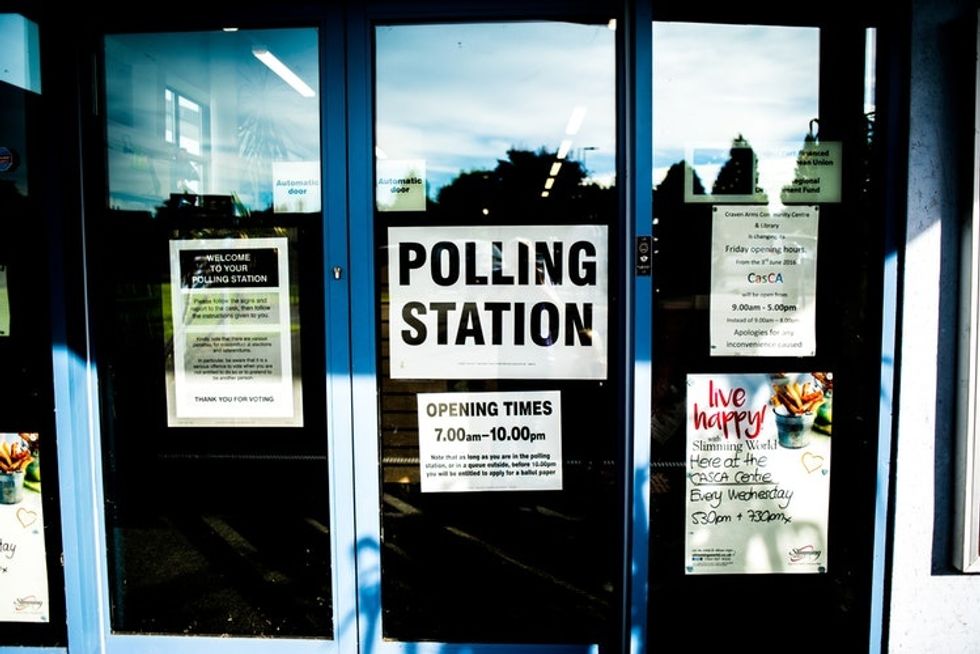As a Political Science major, I love looking at the political attitudes of people. So, I took the time to construct a basic, to the point survey about such political attitudes and shared it on my Facebook for a limited amount of time. I took the time to make sure there were no leading questions to prevent possible bias.
The first question was if they were a registered voter. Eighteen out of the nineteen people surveyed were registered to vote. Off to a good start.
I then asked their political affiliation (Democrat, Independent, or Republican) which was followed by asking their party and approval of President Trump. Out of the two Democrats surveyed, both reported being discontent with Trump's job in office so far, not surprising.
What was surprising to me, was that out of twelve Republicans surveyed, only two out of the twelve reported being discontent with his job. I had imagined that more people who took a liking of the GOP would be discontent with his job. Not taking a political stance, it was just surprising that he has done some notable stuff in office that would seem to piss off either party, yet the majority of Republicans I surveyed are still backing him.
The survey continued and asked participants to rank their political efficacy (the extent to which they believe they can influence the government). On a scale of 1-10, ten being the highest political efficacy, twelve out of nineteen people scored themselves below five.
Despite the majority of people declaring that they are registered voters, the majority rated their political efficacy low, believing that their personal ability to influence the government is low.
Do you see the disconnect? You can feasibly deduce that the majority of people vote, since they are registered to vote (many states have rules that if you don't vote for a number of years, you will need to register to vote again, which one probably wouldn't do if they hadn't voted in the past few years, so it is fair to believe that the many of the registered voters do vote), yet they feel like they can't influence the government.
Why are people voting if they don't think they can influence the government? There are a few possible reasons. First, if they scored around five on the scale of 1-10, it could be that they're not sure if they can influence the government much, but at least try to by voting. Second, if they scored their political efficacy low, they may be voting due to conformity in society. Or, they think that their vote won't help influence the government alone unless other people in accordance with the vote. Third, they might not truly understand the definition of political efficacy and think it is more extreme such as pushing a political agenda or talking with state legislators.
The last question surveyed was what issues they think are important to come to a bipartisan agreement. Many were redundant: Education, abortion rights, immigration, the Wall, legalization of marijuana, and healthcare. All things that are in the prime of discussion as of 2019.
What this survey shows: People care about the same issues the legislative branch does, but don't think they can influence the government (thus these policies).
Vote. Go to a city council meeting. Attend a protest or march. Increase your political efficacy to make a difference between the things you supposedly care about.

























